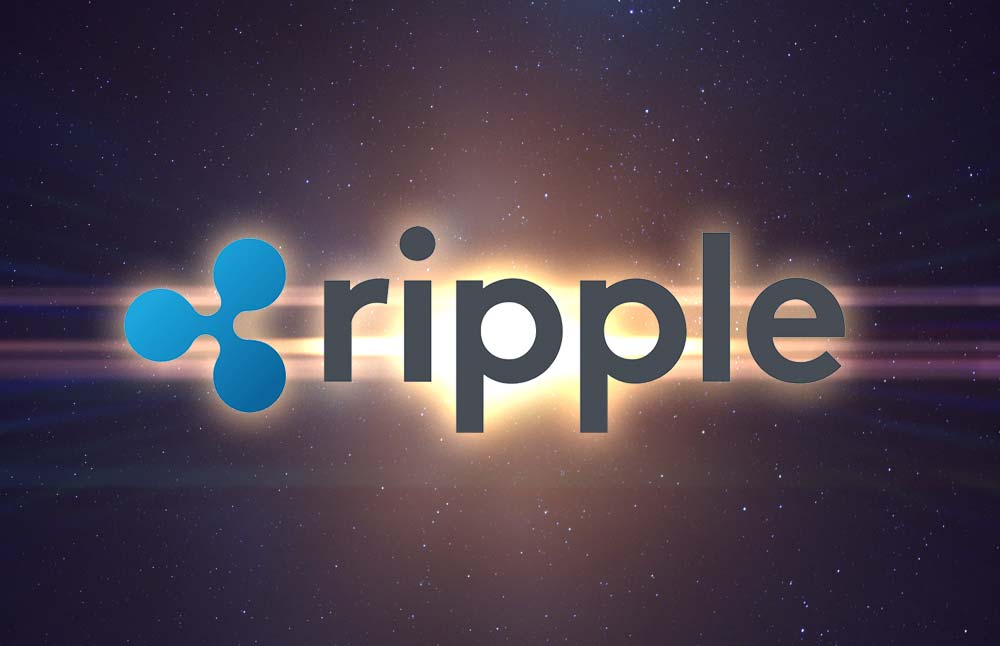Ripple’s RLUSD Stablecoin Gains Approval in Dubai, Set to Support Real Estate Tokenization
03.06.2025 14:05 1 min. read Alexander Zdravkov
Ripple’s RLUSD stablecoin has received the green light from the Dubai Financial Services Authority (DFSA), paving the way for its use in the Dubai International Financial Centre (DIFC).
The approval means companies operating within the DIFC can now integrate RLUSD into a wide range of virtual asset services, from payments to treasury operations.
The DIFC—an autonomous financial hub serving the Middle East, Africa, and South Asia—hosts nearly 7,000 companies. Under its regulatory framework, only DFSA-approved digital assets can be used in official activities, making RLUSD one of the select few stablecoins authorized in this key jurisdiction.
Ripple highlighted growing interest from UAE-based firms in crypto adoption. Reece Merrick, the company’s regional managing director, noted that the region’s fast-evolving digital economy is creating demand for cross-border payment and digital asset solutions.
Ripple is already collaborating with UAE-based fintechs like Zand and Mamo, who are expected to be among the first to utilize the RLUSD stablecoin.
The stablecoin will also play a role in Dubai’s broader blockchain ambitions. Specifically, RLUSD is set to support the Dubai Land Department’s initiative to tokenize real estate title deeds on the XRP Ledger. The DLD announced earlier this year that it had entered the pilot phase of this tokenization project, which will digitize and record property ownership using blockchain technology.
-
1
Whales Buy the Dip as Retail Panics: This Week in Crypto
29.06.2025 14:00 3 min. read -
2
GENIUS Act Could Reshape Legal Battle over TerraUSD and LUNA Tokens
30.06.2025 9:00 1 min. read -
3
History Shows War Panic Selling Hurts Crypto Traders
28.06.2025 18:30 3 min. read -
4
Ripple Faces Legal Setback as Court Rejects Bid to Ease Penalties
26.06.2025 16:54 1 min. read -
5
Coinbase Surges 43% in June, Tops S&P 500 After Regulatory Wins and Partnerships
29.06.2025 21:00 2 min. read
House Clears Path for Landmark Crypto Bills: Vote Set for Thursday
The U.S. House of Representatives has advanced three major cryptocurrency bills after passing a critical procedural vote late Wednesday night.
Thailand Launches National Crypto Sandbox
Thailand’s Securities and Exchange Commission (SEC) and the Bank of Thailand have introduced a new nationwide cryptocurrency sandbox program aimed at foreign tourists.
Bank of America CEO Confirms Stablecoin Plans Are in Motion
Bank of America is actively developing a stablecoin offering, CEO Brian Moynihan revealed during a post-earnings conference call on Wednesday.
Crypto Legislation Moves Forward Amid GOP Infighting Over CBDC Ban
Tensions flared on Capitol Hill Wednesday as the House attempted to revive stalled cryptocurrency legislation following a dramatic GOP rebellion the day prior.
-
1
Whales Buy the Dip as Retail Panics: This Week in Crypto
29.06.2025 14:00 3 min. read -
2
GENIUS Act Could Reshape Legal Battle over TerraUSD and LUNA Tokens
30.06.2025 9:00 1 min. read -
3
History Shows War Panic Selling Hurts Crypto Traders
28.06.2025 18:30 3 min. read -
4
Ripple Faces Legal Setback as Court Rejects Bid to Ease Penalties
26.06.2025 16:54 1 min. read -
5
Coinbase Surges 43% in June, Tops S&P 500 After Regulatory Wins and Partnerships
29.06.2025 21:00 2 min. read


